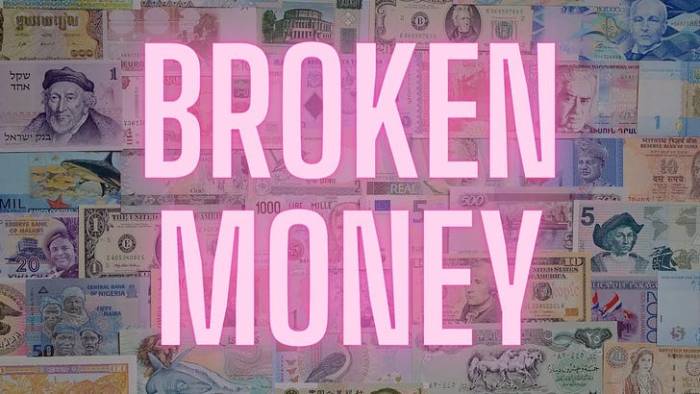Hopelessly dependent on the ingot, this phrase sets the stage for an exploration into the multifaceted relationship between societies and the resources they rely upon. Throughout history, ingots have played a pivotal role in shaping economies, cultures, and even the course of human events.
This comprehensive analysis delves into the profound implications of ingot dependence, examining its economic, social, cultural, technological, and environmental dimensions.
The historical significance of ingots as symbols of wealth and power is undeniable. From ancient civilizations to modern economies, the possession of ingots has often been equated with prosperity and influence. However, this dependence on a single resource can also lead to vulnerabilities and challenges, as individuals and societies become inextricably tied to the availability and stability of the ingot supply.
Hopelessly Dependent on the Ingot: Contextual Analysis

The phrase “hopelessly dependent on the ingot” denotes a profound reliance on a specific resource, often with detrimental consequences. Historically, ingots, typically made of precious metals, have played a significant role in various cultures, serving as a medium of exchange, a store of value, and a symbol of wealth and power.
Societies that become overly reliant on a single resource, such as ingots, can face economic, social, and environmental challenges. Economic dependence on ingots can lead to price volatility, currency devaluation, and a lack of economic diversification.
Historical Significance of Ingots, Hopelessly dependent on the ingot
Ingots have been used for centuries as a form of currency and a store of value. In ancient civilizations, such as Egypt and Mesopotamia, ingots were made of gold, silver, or copper and were used to facilitate trade and commerce.
During the Middle Ages, ingots were used as a form of payment for goods and services. In the 19th century, the discovery of gold in California and Australia led to a surge in the production of gold ingots, which played a significant role in the global economy.
Examples of Over-Reliance on a Single Resource
- The Dutch East India Company’s reliance on the spice trade in the 17th century led to economic dominance but also made the company vulnerable to competition from other European powers.
- The United States’ dependence on oil in the 20th century led to geopolitical tensions and economic instability during periods of oil shortages.
FAQ Insights: Hopelessly Dependent On The Ingot
What is the literal meaning of “hopelessly dependent on the ingot”?
It refers to a state of excessive reliance on ingots, a valuable resource, to the extent that individuals or societies become vulnerable to fluctuations in its availability or price.
How can ingot dependence impact economic stability?
Over-reliance on ingots can lead to economic instability, as industries and economies become susceptible to disruptions in the ingot supply chain or price volatility.
What are some examples of how ingot dependence has shaped historical events?
Examples include the rise and fall of empires based on control of ingot resources, and the impact of ingot scarcity on technological advancements and cultural practices.

